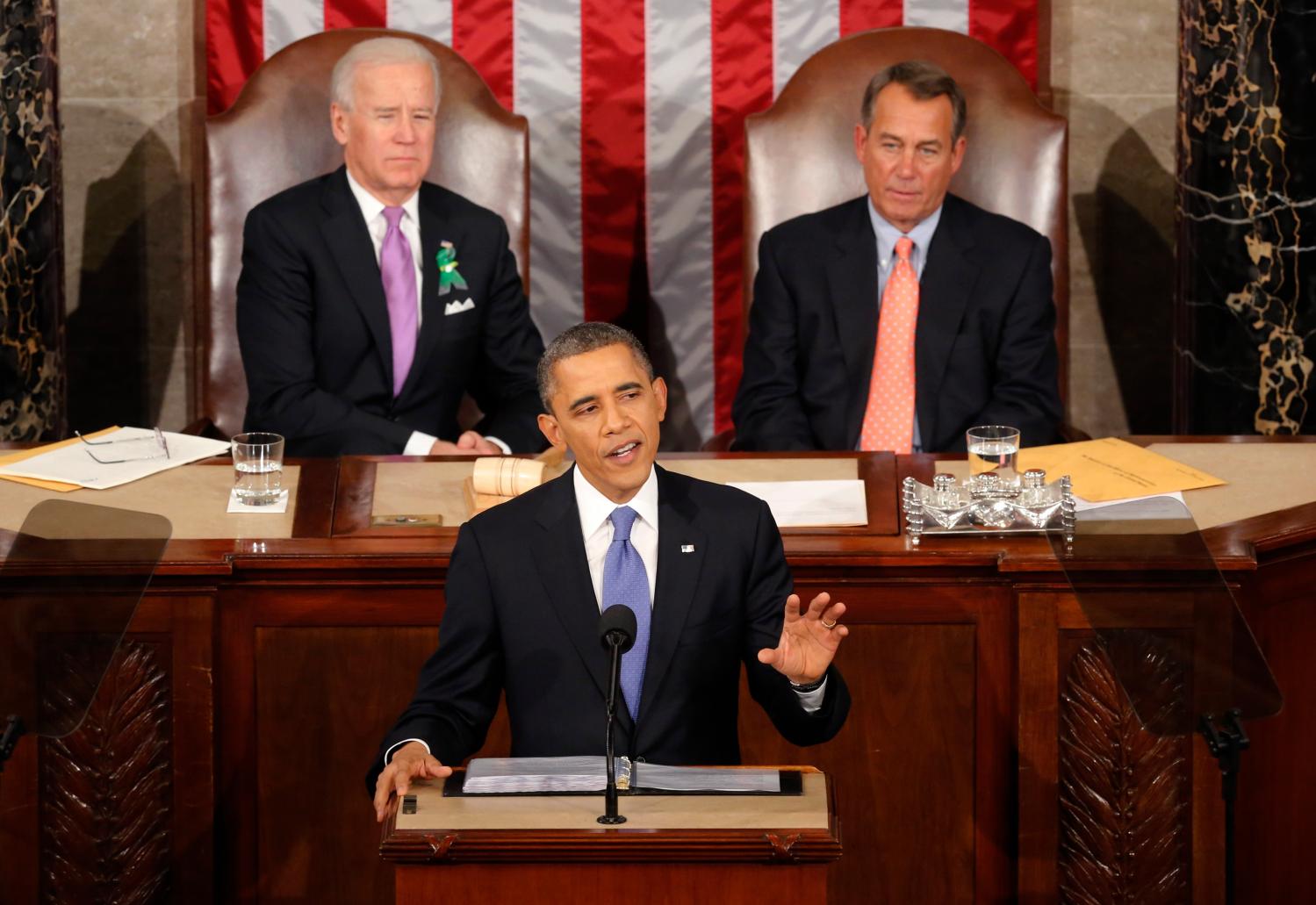Two weeks ago I wrote on the need to be hard-headed about Universal Pre-K.
In last night’s State of the Union address, President Obama proposed ”working with states to make high-quality preschool available to every single child in America,” saying, “we know this works.” In justification of this conclusion he cited findings on the positive economic returns to the Perry Preschool program, which have been calculated by economist James Heckman. But he didn’t reference Heckman and the text of his speech would suggest to most readers or listeners that these findings came from studies of state pre-K programs: “In states that make it a priority to educate our youngest children—like Georgia or Oklahoma—studies show students grow up more likely to read and do math at grade level, graduate high school, hold a job, form more stable families of their own.” Hmm? The Georgia universal pre-K program was established in 1996, which would make the first participants about 20 years old. Oklahoma’s began in the late 1990s, so its first participants are even younger. They form more stable families of their own? As I indicated in my previous piece, the research on the impact of state pre-K programs is very thin and the results are mixed. The largest impacts have always been associated with children from the most disadvantaged backgrounds. This argues for targeted, intensive programs, not universal ones.
Read: “Can We Be Hard-Headed About Preschool? A Look at Universal and Targeted Pre-K” »




